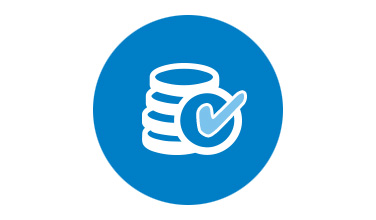Hand in Hand teams up with the IKEA Foundation on youth, climate change
03 Jun 2016
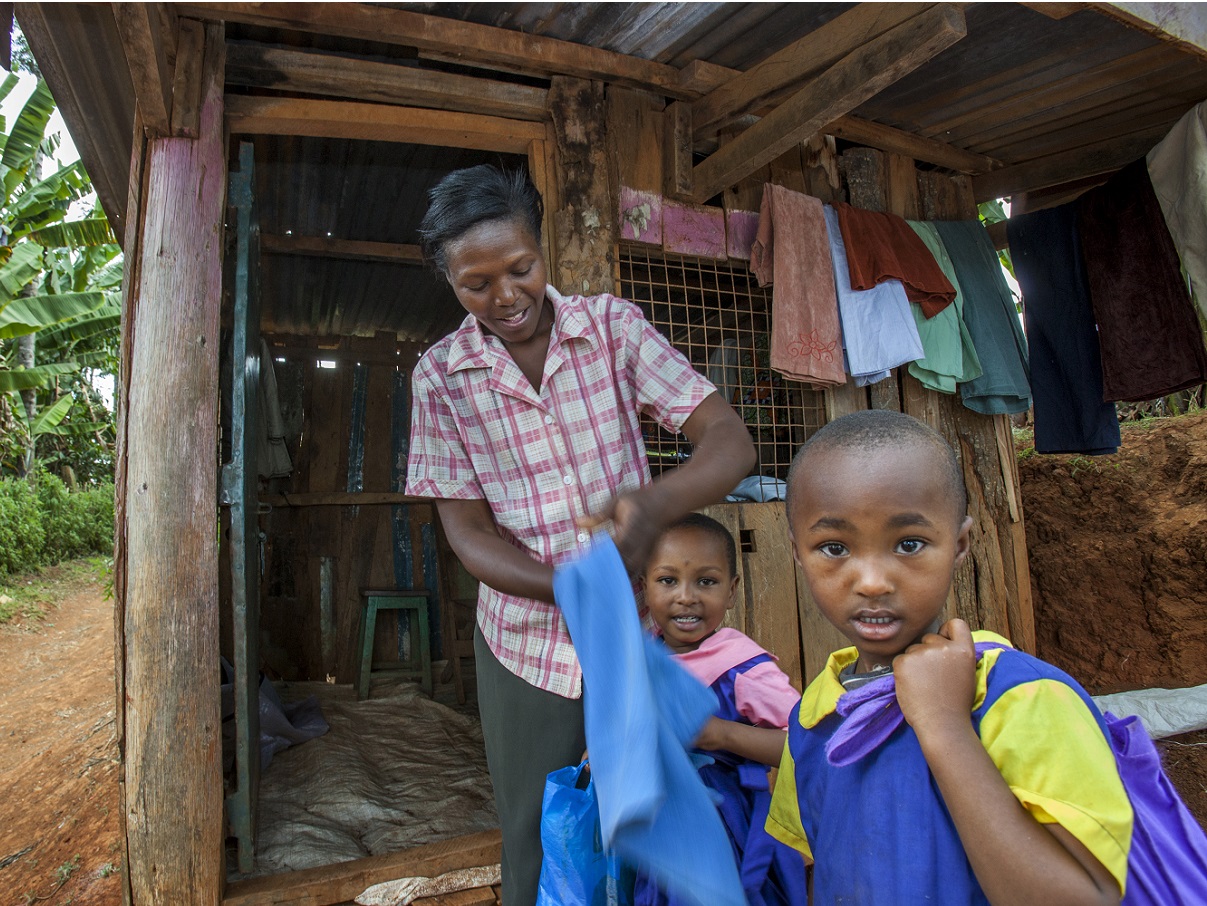
Tailor Hannah Haciku, 33, and her two children.
Hand in Hand and the IKEA Foundation are teaming up to help thousands of women and young people in rural Kenya work towards a brighter, more environmentally friendly future.
Launched in April with a US $3.6 million grant from the IKEA Foundation, the project will help 43,200 impoverished mothers and young people in Kenya thrive as eco-entrepreneurs, even while inspiring 4,800 future business leaders at Entrepreneurship Clubs in schools. For thousands of children, the results will be transformative: full stomachs, inquiring minds and a world full of potential.
The grant is among the IKEA Foundation’s first after it announced last year it would dedicate €1 billion (US $1.14 billion) to fighting climate change.
“We believe children have better futures when their families earn sustainable incomes, which is why we are supporting Hand in Hand with a US $3.6 million grant,” said Jonathan Spampinato, Head of Communications at IKEA Foundation. “Our partnership with Hand in Hand will help thousands of women and young people in Kenya create jobs and small businesses that can stand up to climate change. We are really excited to launch this partnership and begin our work together!”
Standing up to climate change
Look at poverty differently and you’ll see entrepreneurs, full of energy and ideas. Hand in Hand’s helps harness their potential. They find a way up and out of poverty, boosted by our comprehensive job creation model.
Savings groups and business training in areas such as bookkeeping and marketing aren’t rare. Nor, for that matter, is microfinance. But where other organisations focus on one or two of these elements, Hand in Hand combines all three – then adds a fourth by connecting entrepreneurs to larger markets and value chains.
Our partnership with the IKEA Foundation goes one step further, adding another crucial element: resilience to climate change. That means creating thousands of self-sustaining green businesses in areas like water purification, charcoal briquette production and upcycling. It also means training thousands more agricultural entrepreneurs to farm organically, and to use techniques including crop diversification, irrigation, planting trees to reduce soil erosion and more.
“Impoverished rural communities are on the front lines of climate change,” said Hand in Hand Eastern Africa CEO Pauline Ngari. “Now more than ever, adaptation and mitigation are absolutely crucial. We thank the IKEA Foundation for playing their part, and enabling us to play ours.”
Entrepreneurship Clubs
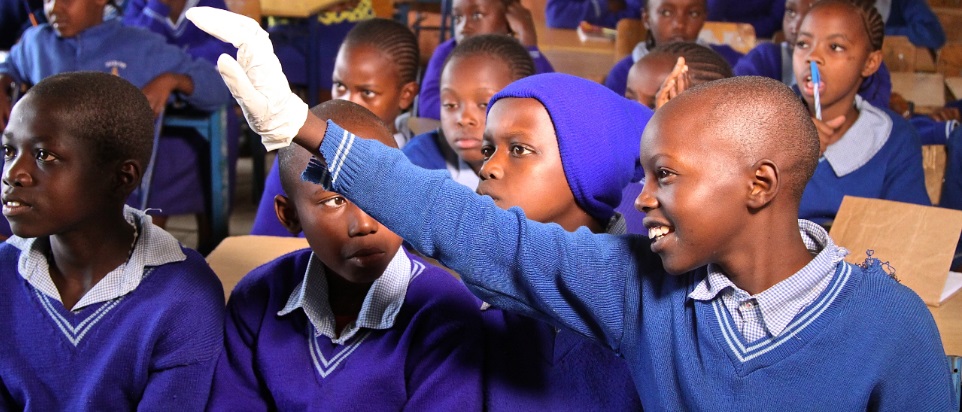
Students in the Entrepreneurship Club at Wangu Primary School, Nairobi.
Empowering mothers to work their way out of poverty is a prerequisite to achieving the first Sustainable Development Goal, to ‘end poverty in all its forms everywhere’. But it raises an important question: if our members received entrepreneurship education earlier in life, would they be struggling as much to begin with?
Thanks to Hand in Hand’s Entrepreneurship Clubs, we’ll soon find out. The after-school clubs teach students aged 10 to 16 the basics of business, culminating in income-generating group projects used to offset participants’ school fees. In a country where high school graduates vastly outnumber available jobs, and where 80 percent of unemployed people are between the ages of 15 and 34, promoting entrepreneurship at school must be part of the solution.
By the numbers
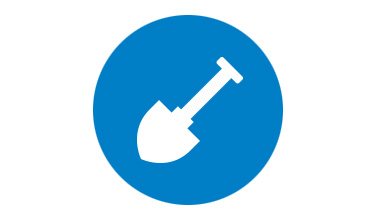
43,200 jobs created
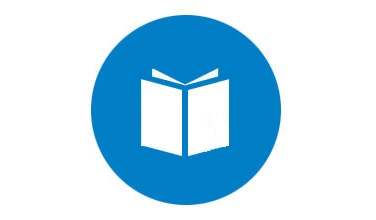
4,800 students in Entrepreneurship Clubs
